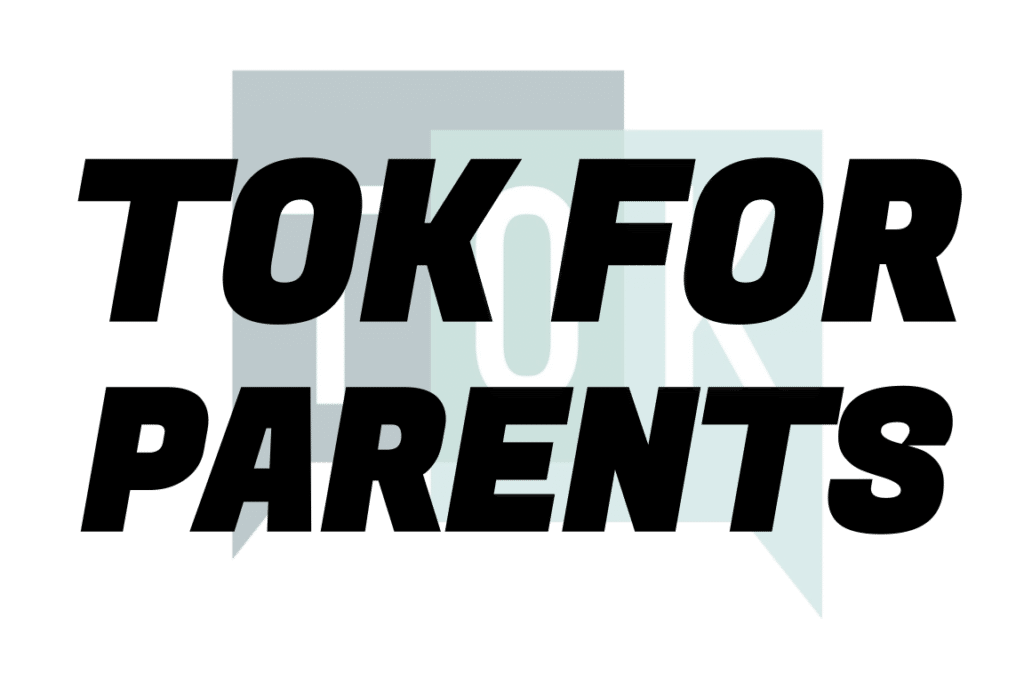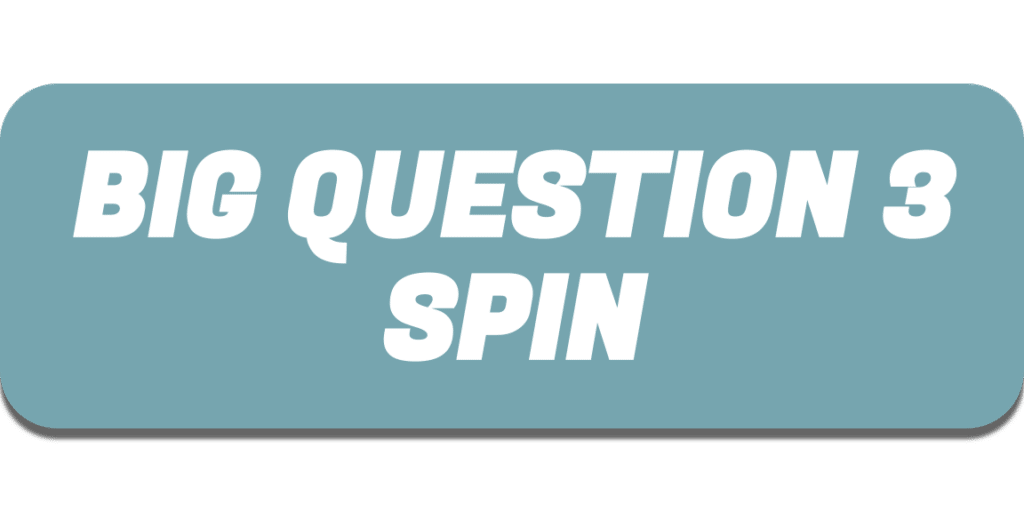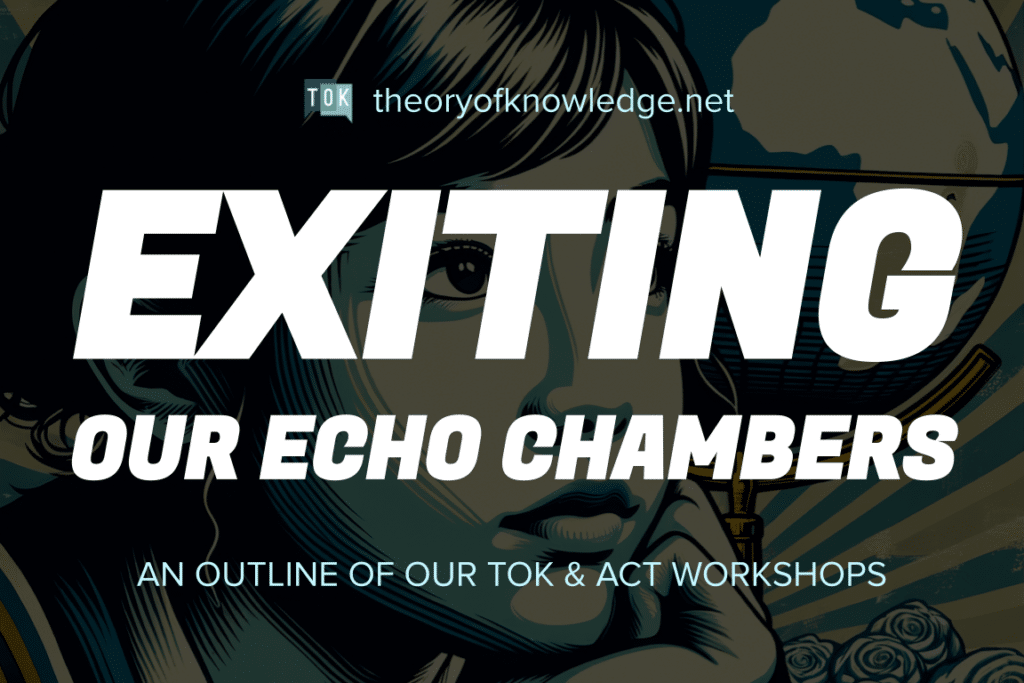
Education works better when parents are involved. They can encourage their children, help clarify concepts, and draw on their own experiences to highlight the relevance of learning in real-world contexts.
TOK offers the best entry point for parents of any of the DP courses, and our 6 Big Questions provide the perfect framework for discussions around the dinner table!
The TOK for Parents folders
We structure the TOK course into 6 Big Questions, which invite students to explore different aspects of knowledge, how it is created, and ways in which we use it. For each BQ we provide a TOK for Parents folder, providing an overview of the key ideas and thinkers within the BQ, links to some of the media sources that we look at, and suggestions for how they can draw on their own experiences to help make TOK relevant to the real world.

Follow this link to access the TOK for Parents folder for BQ3, which asks, How is our understanding of the world influenced by the way knowledge is communicated? To access the TOK for Parents folders for the other BQs, become a member of theoryofknowledge.net!
Other ways to get involved
Parents can also access the TOK course via our other teaching and learning resources. Start with our monthly newsletter, which features the very latest news stories, and suggests ways to unpack and explore them. Knowledge Heroes focuses on 100 key thinkers who have completely changed the way we understand the world.
Investigating Issues picks a range of hot contemporary events, and provides you with the means to make sense of them via the TOK course. In TOK via TED, we connect some of the best ever talks to the different areas of knowledge and TOK themes. Finally, TOK Filmography suggests a range of thought-provoking movies, documentaries, and TV series that deal with some of the central ideas that we come across in TOK.

We also offer workshops for parents…
Our online and in-person workshops offer the usual support for students writing the essay and exhibition, and TOK departments designing great courses.
But our training sessions go much further than this: by focusing on authentic critical thinking, they demonstrate how to help learners confront, rather than confirm, their biases and assumptions, and exit their echo chambers. This makes them accessible and relevant for all teachers, whatever their subject or programme. Read more here.